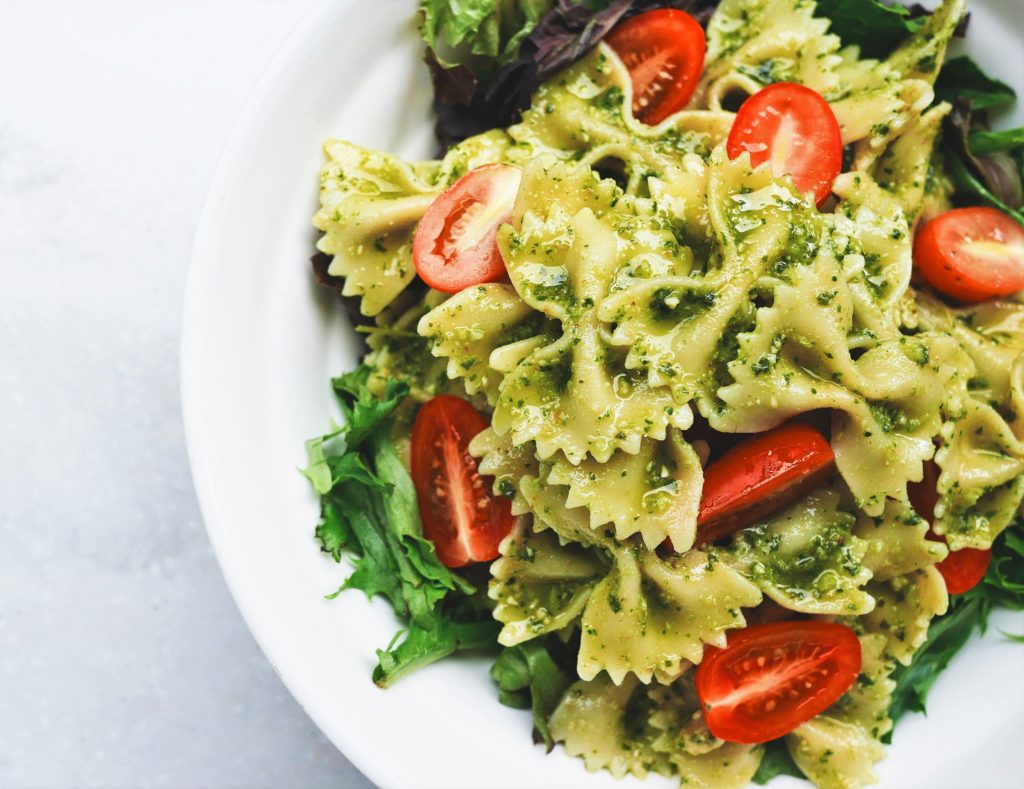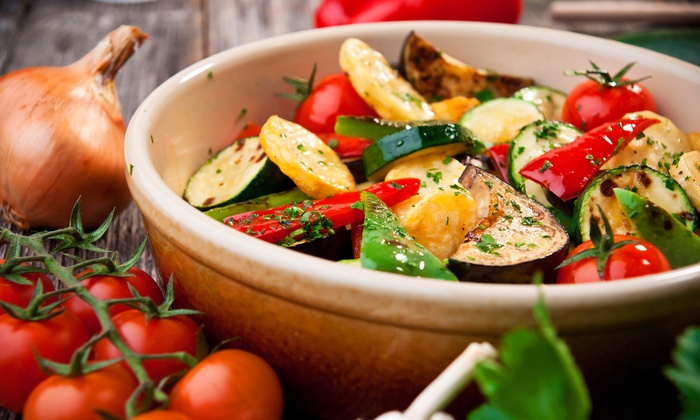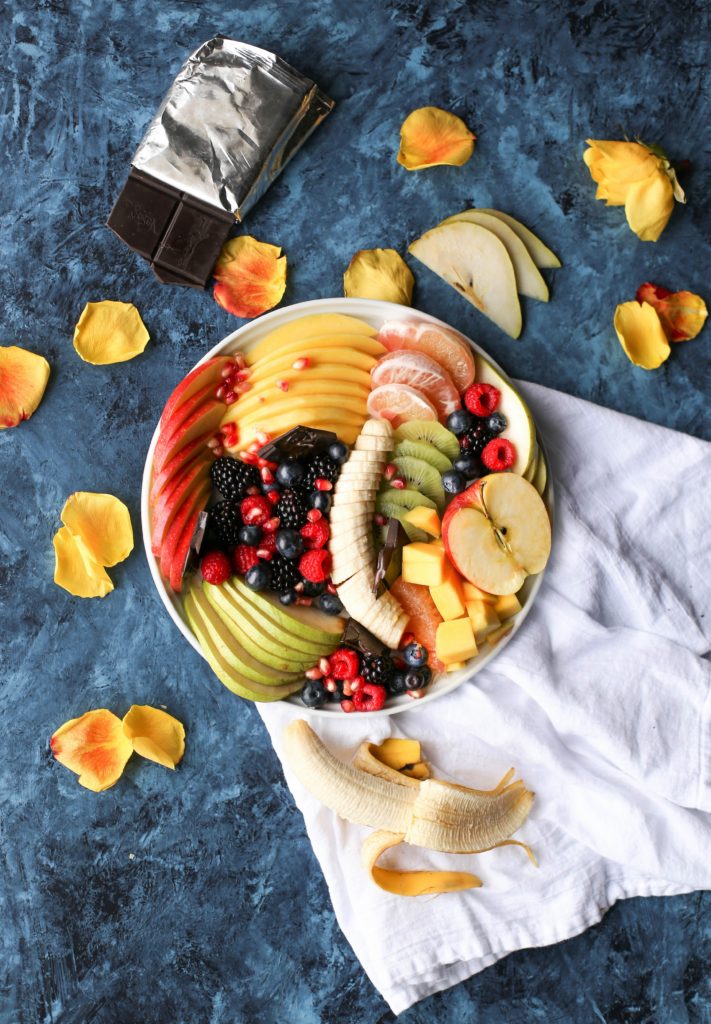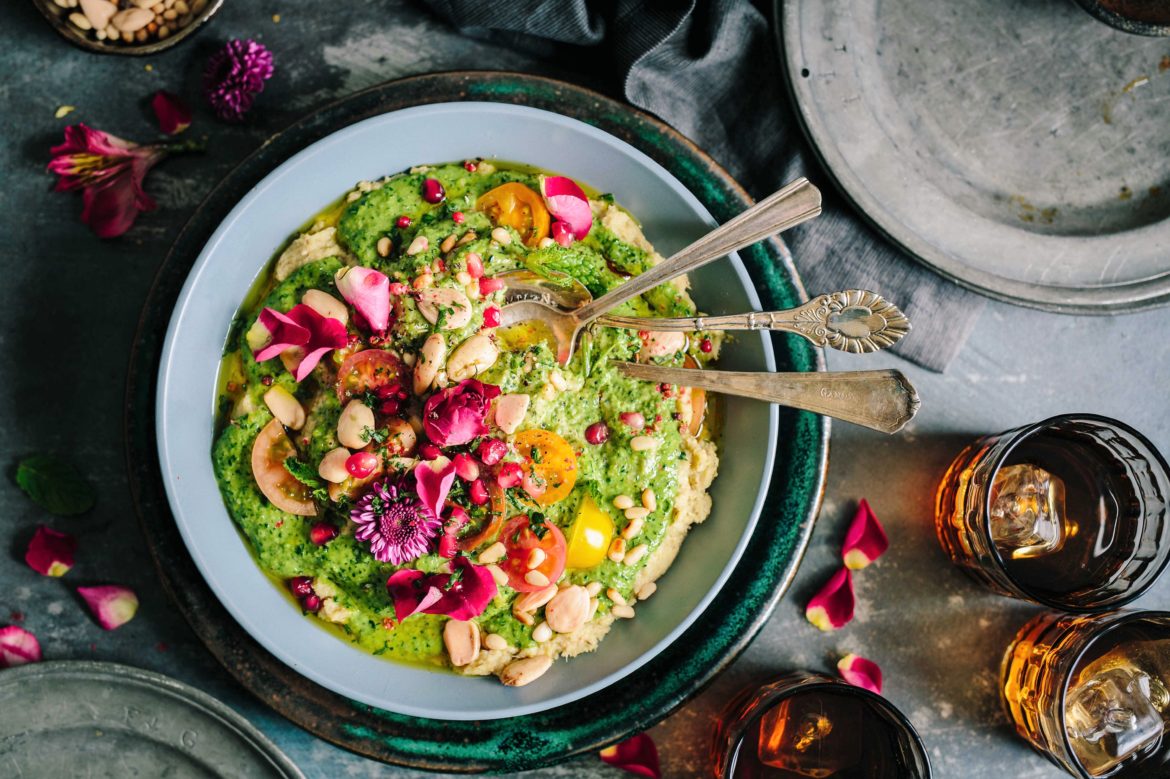According to the Vegan Society, the number of vegans in Britain has risen by 360% in 10 years. This astonishing rise has sadly been accompanied by many myths surrounding the nutritional benefits of plant based diets.
In order to dispel misleading myths surrounding veganism and discover how to thrive on a plant based diet, we spoke to Ginny Messina MPH, RD, a vegan dietitian of over 30 years’ experience, in order to tackle ten of the most commonly asked questions about veganism.
 Ginny has always held animal issues in high regard however it was upon discovering the cruel and horrific realities of factory farming that she resolved herself to go vegan! She says
Ginny has always held animal issues in high regard however it was upon discovering the cruel and horrific realities of factory farming that she resolved herself to go vegan! She says
For many years, I didn’t make the connection between my own consumption habits and my concerns about animals. Both my faith and its connection to my commitment to social justice issues mean that veganism is the only choice for me.”
Ginny, who works as a consultant in the area of vegan nutrition, now devotes her career to giving people the tools and knowledge they need to adopt a healthy vegan diet and to ensure that they will stay healthy and happy for the long term. She helps us explore some of the most commonly asked questions about the nutritional aspects of veganism:
- Isn’t Meat Eating Recommended by Medical Experts?
Ginny explains that acceptance of plant-based diets, including vegan diets, among medical professionals has grown tremendously in recent decades. Indeed the Academy of Nutrition and Dietetics and the British Dietetic Association, two of the world’s foremost, evidence based, professional associations for dietitians have formally recognised that well-planned vegan diets can support healthy living in people of all ages and at all stages of life.
- Are the Issues of Vitamin B12 Really Such a Big Deal for Vegans?
 One of the most important issues for vegans is that of vitamin B12. This vitamin is needed for healthy red blood cell formation and nerve function. Secondly vitamin B12, which is made by micro-organisms, is the only vitamin that is not recognised as being reliably supplied from a varied wholefood, plant-based diet together with exposure to sun.
One of the most important issues for vegans is that of vitamin B12. This vitamin is needed for healthy red blood cell formation and nerve function. Secondly vitamin B12, which is made by micro-organisms, is the only vitamin that is not recognised as being reliably supplied from a varied wholefood, plant-based diet together with exposure to sun.
Whilst meat eaters can receive vitamin B12 through the consumption of animal products, vegans need to receive their B12 through either tablet supplements or fortified foods (most plant milks, vegan spreads, nutritional yeast flakes, yeast extracts and breakfast cereals).
- But Don’t Some Vegans Insist They Get All the B12 They Need From Organic Vegetables?
There is no evidence that people can get adequate vitamin B12 by eating organic vegetables, even if those vegetables are unwashed.
- Is Vitamin B12 an Exclusively Vegan Issue?
 Ginny emphasises that, whilst vegans need to be particularly mindful of this concern, vitamin B12 deficiency can occur in regular meat eaters!
Ginny emphasises that, whilst vegans need to be particularly mindful of this concern, vitamin B12 deficiency can occur in regular meat eaters!
In fact, according to the Framingham Offspring study conducted by Tufts University, up to 40% of people (including meat eaters) may suffer from inadequate levels of vitamin B12. As people get older, this can be particularly challenging as many are unable to absorb vitamin B12 from animal foods.
- What Vitamin B12 Supplements Are Out There and Are They as Effective as Animal Derived sources?
Ginny recommends all vegans supplement with cyanocobalamin. This inexpensive, vegan version of vitamin B-12 offers the most stable form of B-12. Cyanocobalamin has also be extensively researched, is proven to reverse vitamin B12 deficiency and is efficiently absorbed into the body.
- Is the Lack of Naturally Occurring Sources of Vitamin K2 a Concern for Vegans?
Whilst direct sources are vitamin K2 are rarely occur in plant foods, this is not a problem for vegans. This is because vitamin K1, found in leafy green vegetables satisfy needs for this vitamin.
- Is Heme Iron a Problem for Vegans?
 Ginny explains that there are two types of iron; heme, which occur in animal products, and non-heme, found in fruit and vegetables.
Ginny explains that there are two types of iron; heme, which occur in animal products, and non-heme, found in fruit and vegetables.
Whilst heme (animal sourced) iron is more easily absorbed into the body, this is offset to some extent by the fact that plant foods are often higher in iron content!
Legumes, tofu, grains, fortified cereals/plant milks, nuts and vegetables, particularly dark, leafy green, are excellent sources of iron. Ginny points out that vegans can ensure good levels of iron absorption by regularly including sources of vitamin C in their diets such as broccoli, kale and citrus fruits.
- Is not the Protein Found in Plants an “Incomplete Protein”?
Protein is made up of smaller components called amino acids. Many of these of manufactured by the human body but nine of them, called essential amino acids, must be obtained from food. All plant foods contain all nine of the essential amino acids, which means that the concept of “complete” proteins is not relevant. However, vegan diets that don’t include legumes can fall short of certain amino acids. So it’s important to consume these foods, which include beans, soyfoods and peanuts, every day.
- Can Vegans Suffer from a Deficiency of the Long-chain Fatty Acids EPA & DHA and Fat-soluble Vitamins like A & D?
The long chain fats EPA and DHA are indeed important for cognitive function and are not found in plant foods. Although we can synthesize them from other fats, the process is fairly inefficient. It may be a good idea for vegans to supplement with these fats. Vegan supplements of DHA and EPA are derived from microalgae.
Vitamin D can also be synthesized in the body when skin is exposed to sunlight. Many people don’t get enough sun exposure, though, in which case a supplement is advised. Vitamin A in vegan diets comes from compounds in dark green or yellow or orange vegetables.
- Many Vegans Consume a Lot of Soya Products. Is this Unhealthy, Particularly for Men?
 There is a myth that soya beans increases men’s levels of the hormone estrogen leading to a negative body changes. The fact is that soy contains zero estrogen! Whilst soya does contain phytoestrogens called isoflavones that may mimic the activity of the estrogen in your body, Ginny is clear that clinical studies don’t support any need to caution men against eating soy. In fact, men may even benefit from some dietary soy, as it seems to decrease prostate cancer risk.
There is a myth that soya beans increases men’s levels of the hormone estrogen leading to a negative body changes. The fact is that soy contains zero estrogen! Whilst soya does contain phytoestrogens called isoflavones that may mimic the activity of the estrogen in your body, Ginny is clear that clinical studies don’t support any need to caution men against eating soy. In fact, men may even benefit from some dietary soy, as it seems to decrease prostate cancer risk.
Ginny concludes by underlining that a well planned vegan diet can be easy, delicious and provide all the nutrients that the body needs. She also expresses her optimism about the future of veganism because, firstly, there has been a vast increase in the range of vegan food choices in shops and, secondly, the horrific realities of the animal food industry is becoming ever more difficult for people to ignore.
For more details on the most persistent myths about vegan nutrition and essential information about getting enough calcium and protein, finding the best supplements, and understanding the “real deal” about soy, check out Vegan for Life: Everything You Need to Know to Be Healthy and Fit on a Plant-Based Diet by Ginny Messima and Jack Norris.




